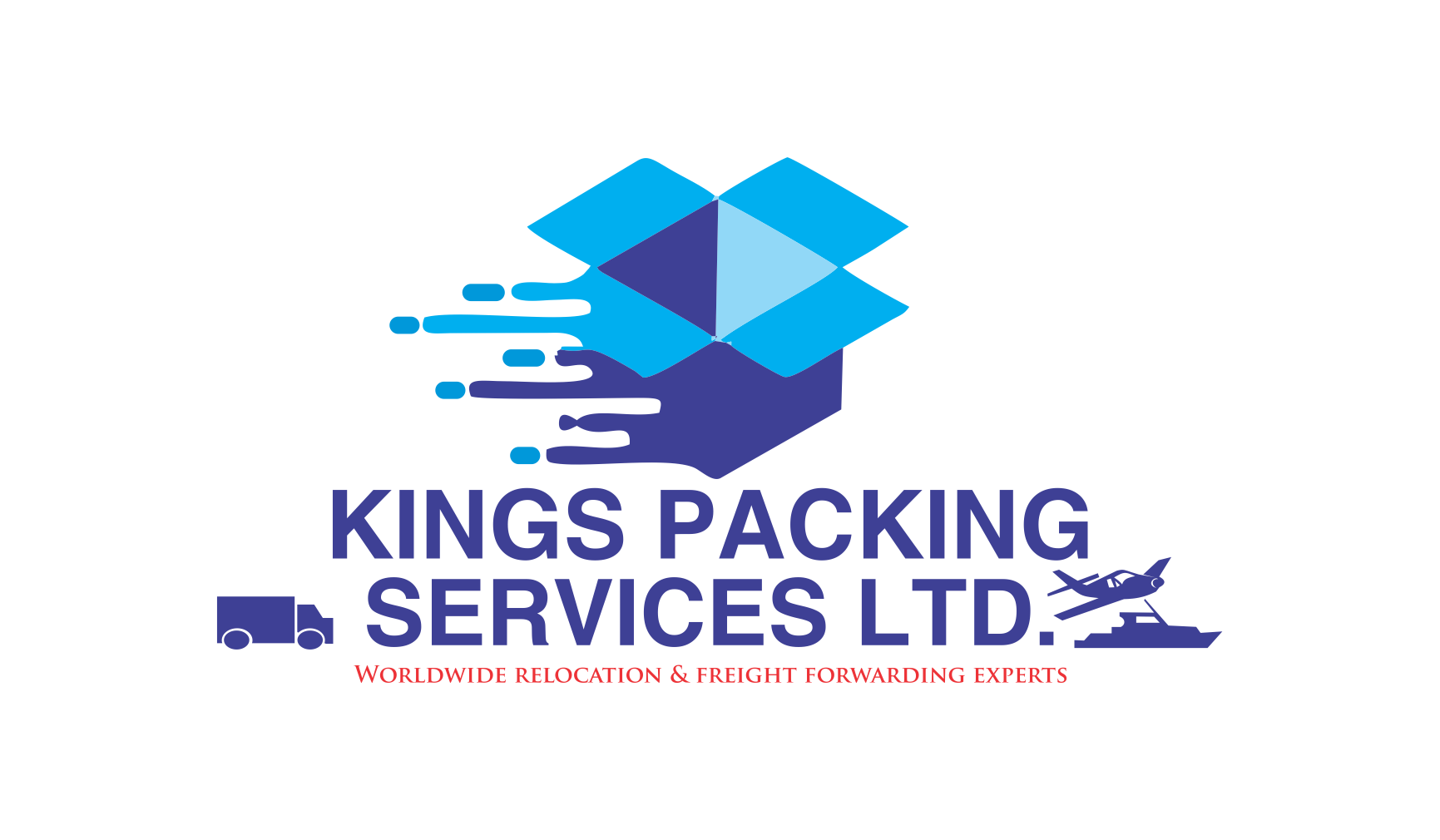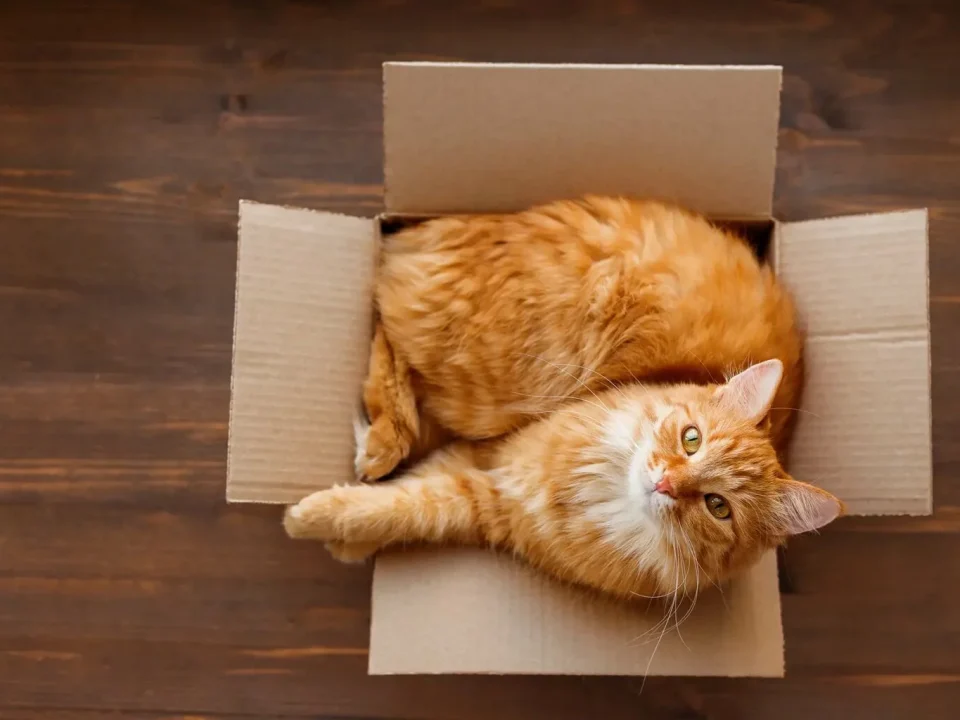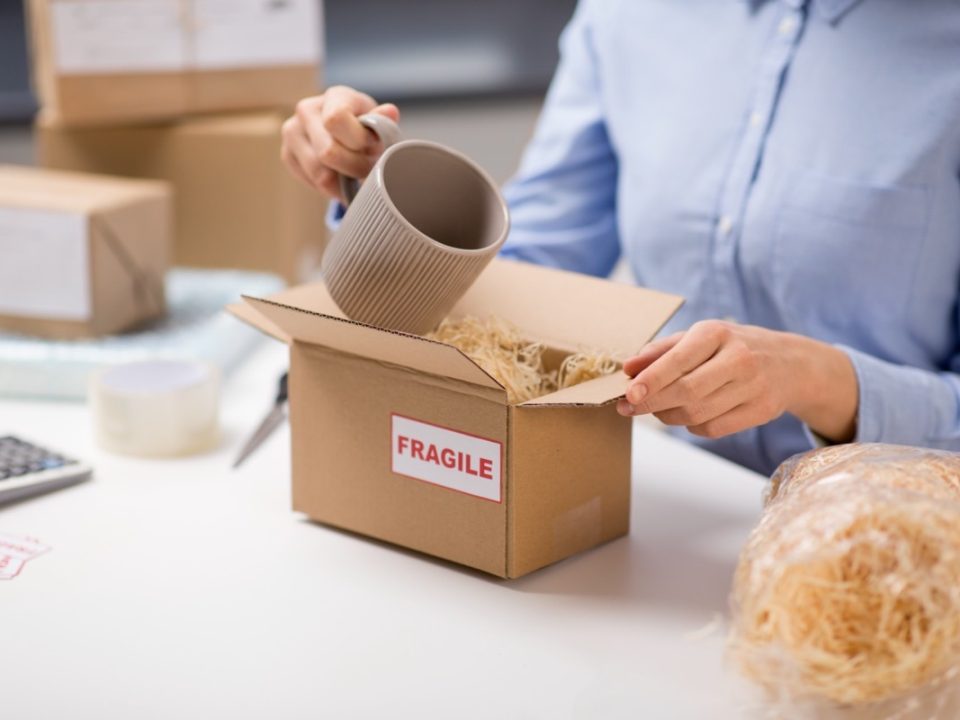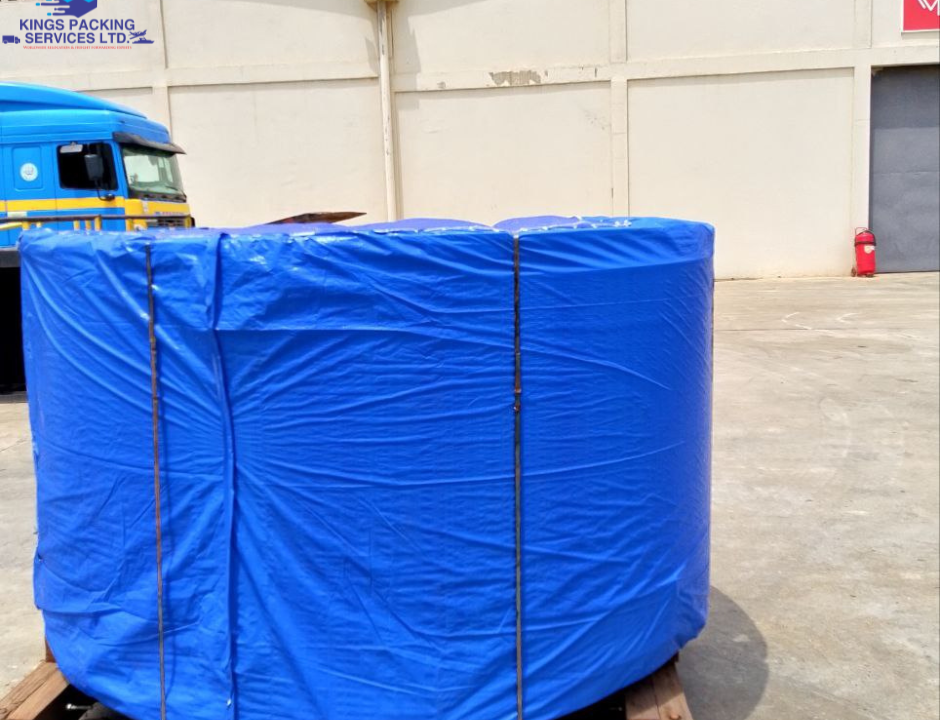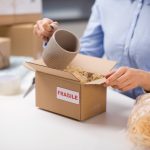
6 Tips to Pack Fragile Items When Relocating to a New Place
May 15, 2024
Finding Your Perfect Foreign School in Ghana 🇬🇭: KPSL GLOBAL
June 26, 2024What Are Customs Regulations?
Custom laws are the legal requirements pertaining to importing or exporting of goods over the borders. Every country has its own laws that govern what is permitted, what is banned, or what is limited as to what can be imported into that country. Customs requirements for clearance should be met, as failure to do so can lead to penalties, shipment retention, or delayed passage through the Customs.
Customs clearance is one the most crucial and, at the same time, challenging elements when individuals and businesses are planning their international move. This way, knowing the procedures, documentation, and regulatory frameworks that accompany end-of-life care can be a major factor between a seamless process and a challenging one. In this article I’ll explain what customs clearance implies and give you the basic information necessary to smooth your belongings journey from your current location to your new home.
1. Preparing Necessary Documentation
Customs clearing typically requires some documentation. These documents include, but are not limited to:
- Passport and visa
- A copy of the bill of lading is also known as an air waybill.
- Items that were shipped that need to be documented on the inventory list
- Documents such as purchase receipts of expensive assets
- Faculty: Import/export licences (if applicable)
Documentation of goods is essential and needs to be done accurately to ensure efficient clearance of goods at custom. Lack of paperwork and documents may cause considerable delay and added costs. Organise all necessary documents before you make your moving date such that all documents are complete and current. It is advised to keep several backups of such documents to prevent any situation that could lead to the loss of the documents.
Question: What happens if you are not in the possession of the necessary documents for customs clearance?
Answer: Not having the permits could lead to sanctions or being held for days or even weeks also your goods may be confiscated.
2. Declaring Your Items
The term “Declaration” means submitting to customs authorities comprehensive information concerning all imported goods: their value and intended use. The information is presented to the customs authorities as a list which includes the total number of items you are importing or exporting, as well as their contents.
Declaration assists customs officials in determining duties and taxes to be paid as well as avails information regarding imports fully. Proper declaration can avoid confusion and make sure that all the duties and taxes that are required to be paid are estimated correctly. By doing that, they help you ensure that your items reach their destination without any problems.
3. Understanding Duties and Taxes
Taxes and duty are charges placed on goods by the state of destination as they enter the country. The rates and the types of fees that can be implemented might differ quite significantly. Consequently, it is important to also be informed about possible costs which will make it easier for you to plan and prepare financially for the move. If you are planning to import or export goods, you need to find out the current and applicable tariffs and taxes for the country of import or export and how the value of the goods is calculated, and whether you can claim any exemptions. You can start from the official website of customs of the given country or turn to a relocation service or you could liaise with a customs broker who would assist you with the various rates
4. Collaborating with a Customs Broker
A customs broker is an authorised individual who helps in the clearance of commodities through customs by processing official papers, communicating with customs officials and making payments on your behalf. Customs brokers have special knowledge of laws and legal requirements and can hasten the clearance process, thus avoiding pressure and delay. When shipping goods internationally learn and understand the following practices: hiring a customs broker, make sure your broker is conversant with the laws of your intended country and the various services offered by brokers together with the costs involved. This can help protect your shipment and enable a proper customs clearing.
Question: How does engaging a customs broker of my international relocation be of help?
Answer: An experienced customs broker can often simplify the clearance process, deal with the paperwork that may be confusing or time-consuming and minimise the risk of encountering penalties or delays.
5. Timing and Planning
If you are going through customs clearance, you need to ensure this is done correctly and planned for in advance so that you do not face difficulties at the last moment or later on when it is needed. Book in advance, commence customs procedures well in advance, and coordinate your schedule with your moving company’s schedule so as not to be delayed. Some things to consider when using it are;
- Always begin the customs process earlier to be ready for the time that there may be a delay.
- Depending on the country you are to clear your goods, be courteous of certain seasons like holiday occasions which might slow down the clearance process.
- Coordinate with your moving company so that they can arrange the shipping and delivery timing.
6. Navigating Special Circumstances
There are some items, like vehicles and pets which are monitored more rigorously and demand extra paperwork. Knowing the special features of these items makes it possible for them to go through customs procedures without being detained or even where they need to be denied entry. As pointed out earlier when one would prefer to use the process of moving items as listed above, it is advisable to seek service of experts regarding such issues due to complexity involved. Similarly, to identify the specific requirements for the transportation of pets, vehicle, and prohibited/restricted goods from the destination place, one must not violate any custom laws or regulations.
Question: What are few additional factors that I need to consider when transporting pets or vehicles?
Answer: Make sure that you have gotten the right permits and paperwork, and above all, consult those with insights on the permissible rules regarding these items.
Conclusion
In general, customs clearance is not always easy; however, if you follow the following guide plus what your customs agent or moving company has informed you, you will be able to avoid some of the problems associated with this procedure. For additional professional support, KPSL Global provides bespoke services in documentation and delivery assistance, if required.
